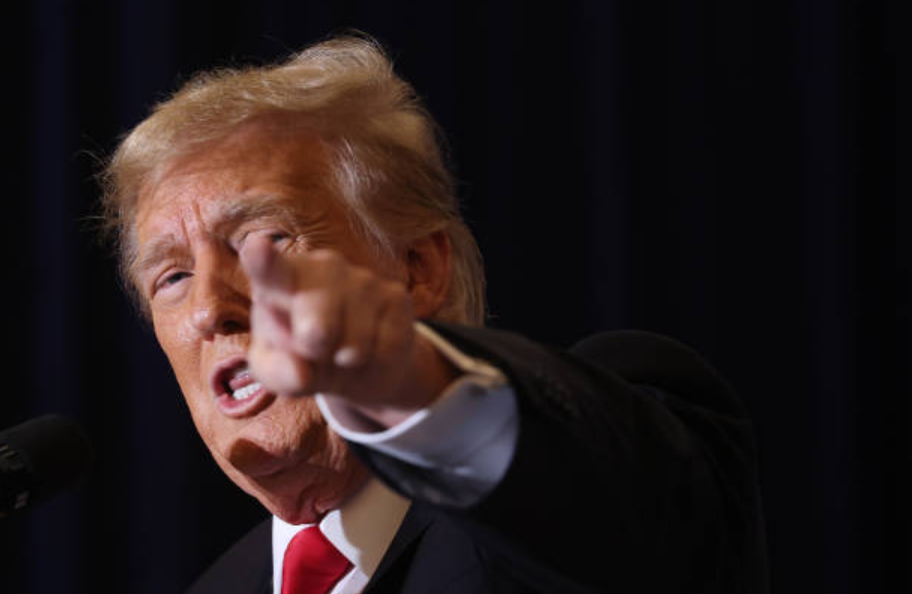Trump’s legal challenges over alleged 2020 election interference face obstacles, possibly causing trial delays amid ongoing appeals and Supreme Court reviews.
Originally set for a March 4 start date, the trial in Washington is now in jeopardy of being delayed as Trump appeals issues central to the case.
US District Judge Tanya Chutkan has put the trial on hold while Trump contends that he is immune from prosecution, creating the possibility of extended delays if the case remains tied up in appeals.
Adding to the complexity, the Supreme Court is reviewing an obstruction charge, a charge Trump and others involved in the Capitol riot face.
Trump’s legal team aims to postpone the trial until after the 2024 election, capitalizing on the Supreme Court’s involvement to further stall proceedings. Trump’s potential candidacy for the Republican nomination in 2024 intensifies the significance of these legal maneuvers.
Supreme Court’s Impact on Trump’s Defense

The obstruction charge revolves around the joint session of Congress on January 6, 2021, where Democrat Joe Biden’s victory was certified.
The Supreme Court’s consideration of a similar case regarding the obstruction charge used against a former police officer involved in the Capitol riot could directly impact Trump’s case. His defense team may argue for a pause until the Supreme Court rules, potentially affecting both the obstruction and related conspiracy charges against Trump.
While some Jan. 6 defendants have sought to delay sentencing hearings until after the Supreme Court ruling, legal experts like former federal prosecutor David Alan Sklansky doubt the validity of Trump’s argument for trial delay. (https://www.keithmcquirter.com/) (https://semidotinfotech.com/)
Sklansky highlighted that cases typically advance forward even when there are legal objections raised against particular laws.
Amidst these legal battles, the Supreme Court’s prompt decision on whether to hear the case and the US Court of Appeals for the DC Circuit expediting its review of presidential immunity are pivotal.
The legal proceedings surrounding Trump’s case may pivot on these pivotal decisions, determining whether the trial proceeds as scheduled or faces significant delays.


Comments are closed.